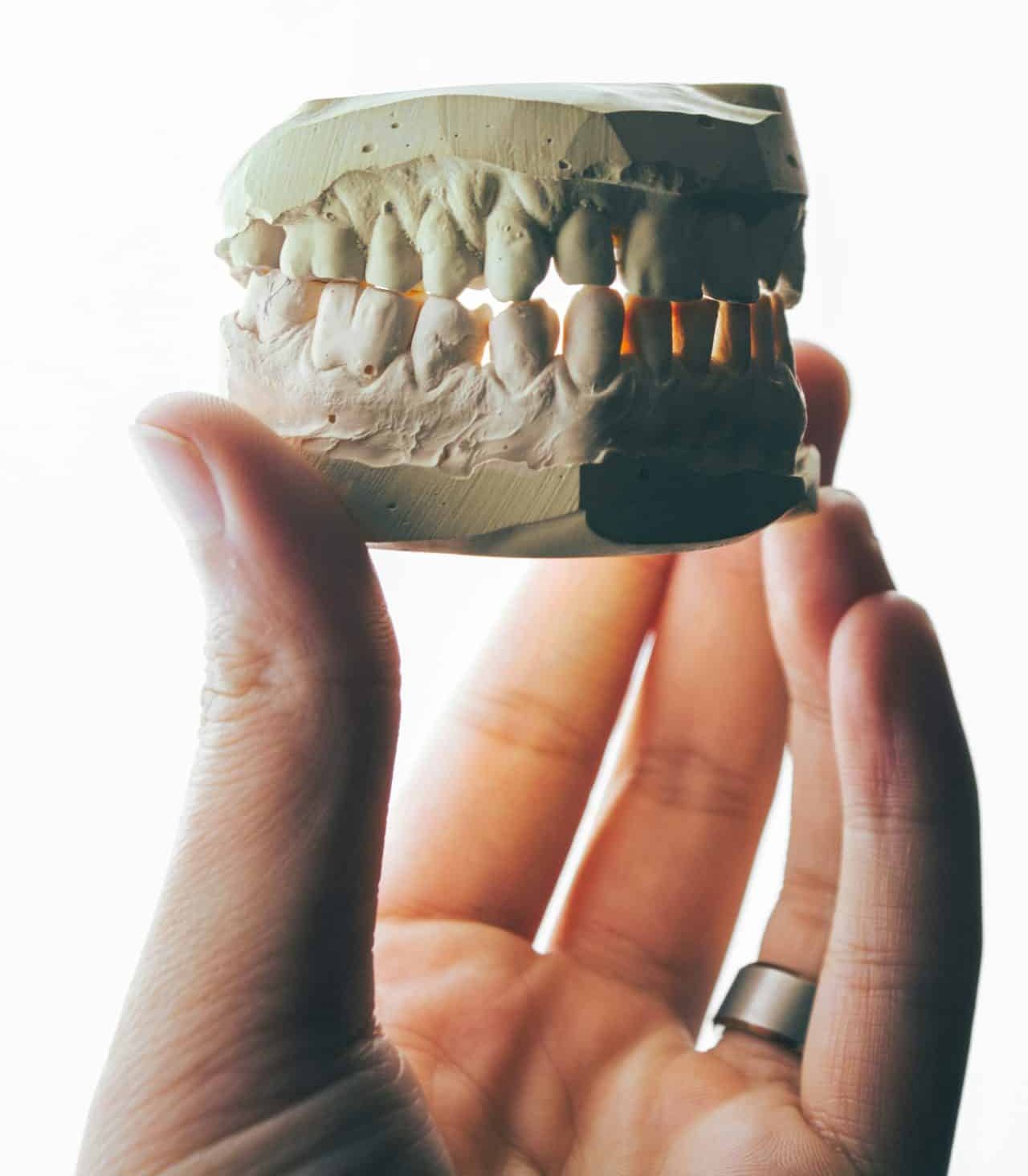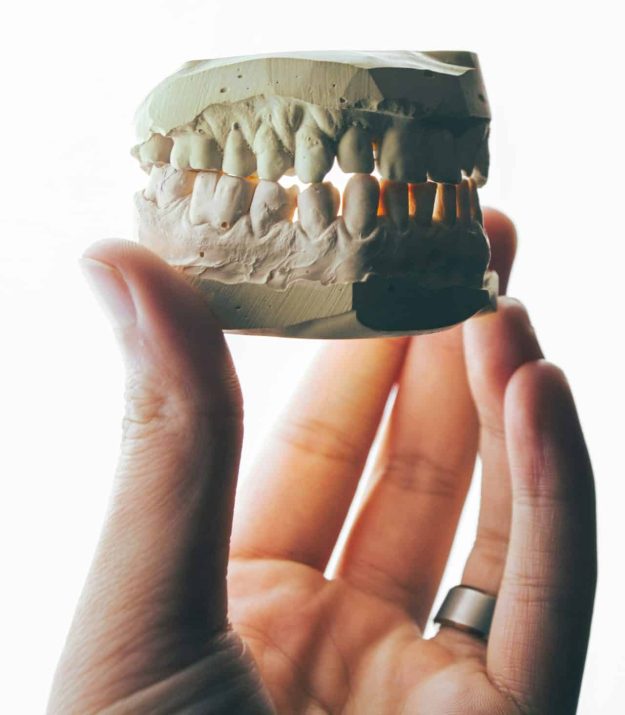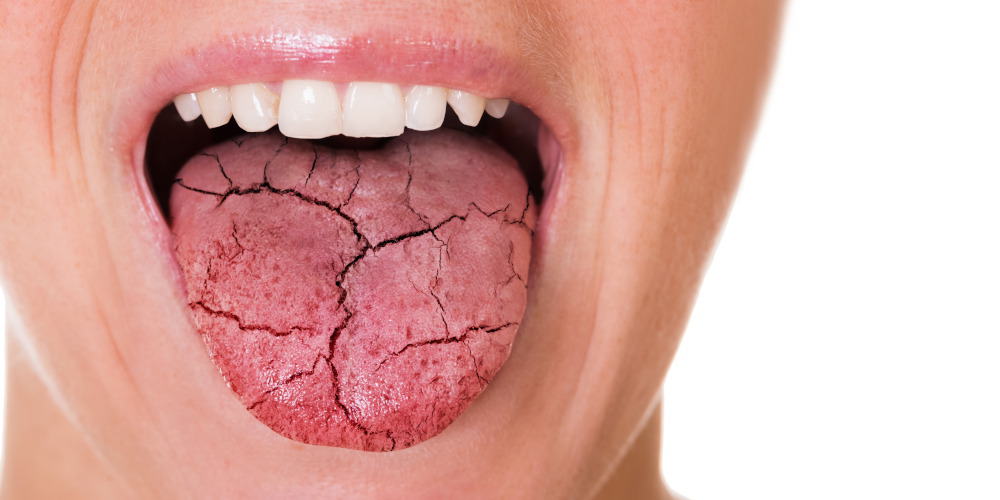Exploring the Root Causes of Intense Jaw Pain

 Jaw pain, particularly when it becomes severe, can be debilitating and affect your day-to-day life. Whether it’s a dull ache or sharp, intense discomfort, the pain can significantly impact your ability to eat, speak, and even sleep. While jaw pain is a common complaint, its underlying causes can vary widely. In this post, we’ll explore the root causes of intense jaw pain, how to identify them, and potential treatments that can bring relief.
Jaw pain, particularly when it becomes severe, can be debilitating and affect your day-to-day life. Whether it’s a dull ache or sharp, intense discomfort, the pain can significantly impact your ability to eat, speak, and even sleep. While jaw pain is a common complaint, its underlying causes can vary widely. In this post, we’ll explore the root causes of intense jaw pain, how to identify them, and potential treatments that can bring relief.
1. Temporomandibular Joint Disorder (TMD)
One of the most common causes of severe jaw pain is Temporomandibular Joint Disorder (TMD). The temporomandibular joint, or TMJ, connects your jawbone to your skull, and when it malfunctions, it can lead to intense discomfort. TMD can be caused by several factors, including injury, arthritis, or even stress.
Symptoms of TMD often include clicking or popping sounds when you open or close your mouth, difficulty opening your mouth wide, headaches, and a feeling of pressure or pain in the jaw. The pain can be sharp or throbbing and may radiate to the neck, shoulders, or even the ears. While mild cases may improve with home treatments like warm compresses or over-the-counter pain relievers, more severe cases may require professional intervention such as physical therapy, bite guards, or even surgery.
2. Bruxism (Teeth Grinding)
Teeth grinding, or bruxism, is another major cause of intense jaw pain. Bruxism often occurs during sleep, but it can also happen when you’re awake, particularly during stressful situations. The constant grinding or clenching of the teeth puts tremendous strain on the jaw muscles and the TMJ, leading to pain and discomfort.
People with bruxism often experience jaw pain, headaches, tooth sensitivity, and worn-down teeth. In addition to the physical pain, the condition can also lead to muscle soreness and a stiff neck. To manage bruxism, dentists may recommend wearing a custom-made night guard to protect the teeth and relieve pressure on the jaw.
3. Dental Issues
Severe jaw pain can often be traced back to dental problems, such as tooth decay, abscesses, or impacted teeth. When a tooth becomes infected, the infection can spread to the surrounding areas, causing intense pain in the jaw. Similarly, a tooth that has been damaged due to trauma or cavities can also cause significant jaw discomfort.
If you experience jaw pain that is specifically associated with a particular tooth or tooth sensitivity, it’s essential to see a dentist. They can assess whether you have cavities, gum disease, or an abscess and provide the necessary treatment, such as a filling, root canal, or extraction.
4. Sinus Infection
While sinus infections are typically associated with congestion and headaches, they can also cause significant pain in the jaw. The sinuses are located just behind your cheeks and upper teeth, so when they become inflamed due to infection, they can press on the nerves in the jaw, leading to discomfort.
If your jaw pain is accompanied by symptoms such as facial pressure, nasal congestion, or a thick nasal discharge, a sinus infection may be to blame. In such cases, antibiotics or decongestants prescribed by your doctor can help clear the infection and alleviate jaw pain.
5. Arthritis
Arthritis, particularly osteoarthritis and rheumatoid arthritis, can affect the temporomandibular joint, leading to chronic pain and inflammation. Osteoarthritis is a degenerative condition that wears down the cartilage in the joint, while rheumatoid arthritis is an autoimmune condition that causes inflammation in the joints.
In both cases, the pain may worsen with movement, making it difficult to eat or speak comfortably. Additionally, the joint may become stiff, and the jaw may lock or make a popping noise when moving. Treatment options for arthritis-related jaw pain typically include anti-inflammatory medications, physical therapy, and, in some cases, surgery.
6. Trauma or Injury
Injuries to the jaw, such as fractures, dislocations, or blunt force trauma, are another common cause of intense jaw pain. These injuries can occur from accidents, falls, sports injuries, or physical altercations. Depending on the severity of the injury, the pain can range from mild to excruciating.
In cases of jaw fractures or dislocations, immediate medical attention is necessary. A doctor or dentist will likely perform imaging tests such as X-rays or CT scans to assess the damage and determine the appropriate treatment, which may include pain management, physical therapy, or surgery.
7. Infections and Tumors
In rare cases, severe jaw pain can be the result of infections or tumors affecting the jawbone or surrounding tissues. Conditions such as osteomyelitis (bone infection) or tumors of the jaw can cause persistent, severe pain that doesn’t improve with standard treatments.
If you have unexplained or persistent jaw pain, especially if it is associated with swelling, numbness, or difficulty moving the jaw, it’s essential to seek medical attention immediately. A healthcare provider will conduct thorough tests to rule out these serious conditions and provide the appropriate treatment.
In Conclusion
Intense jaw pain can arise from a range of causes, from common issues like TMD or bruxism to more complex conditions such as arthritis or infections. Identifying the underlying cause of your jaw pain is crucial for effective treatment and relief. If you’re dealing with severe or ongoing pain, it’s important to seek help from a healthcare professional, such as an emergency dentist in Las Vegas, who can provide a proper diagnosis and recommend the most appropriate treatment options.
Whether your jaw pain is due to stress, a dental concern, or an injury, there are several effective methods to manage and alleviate the discomfort. By addressing the root cause, you can find relief and improve your overall well-being.








